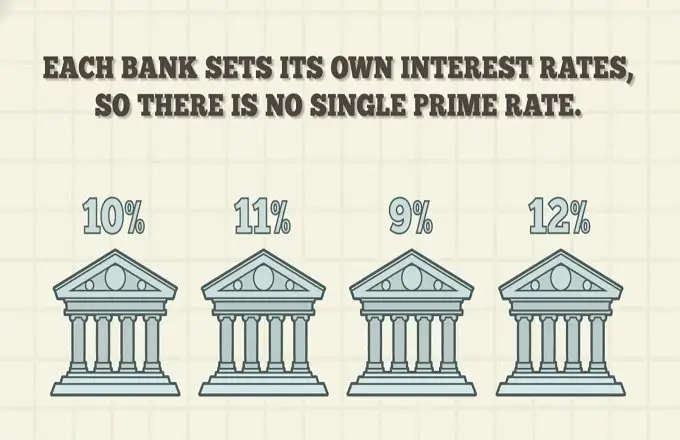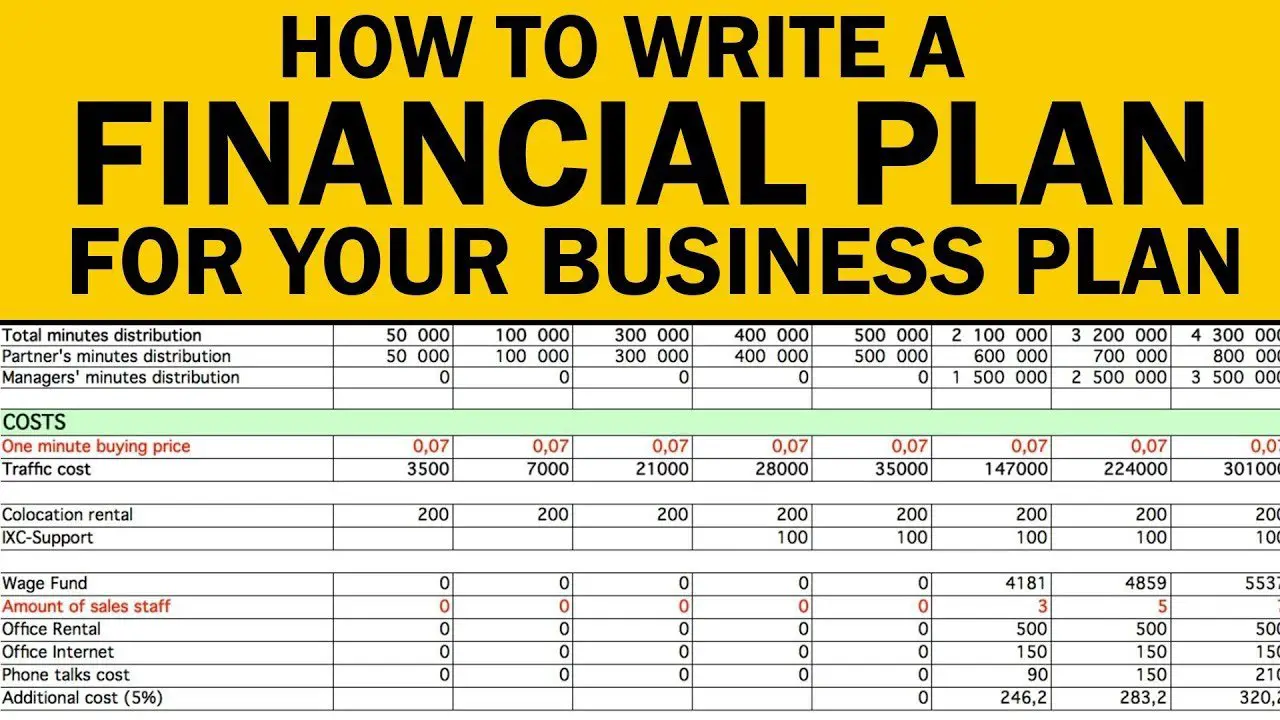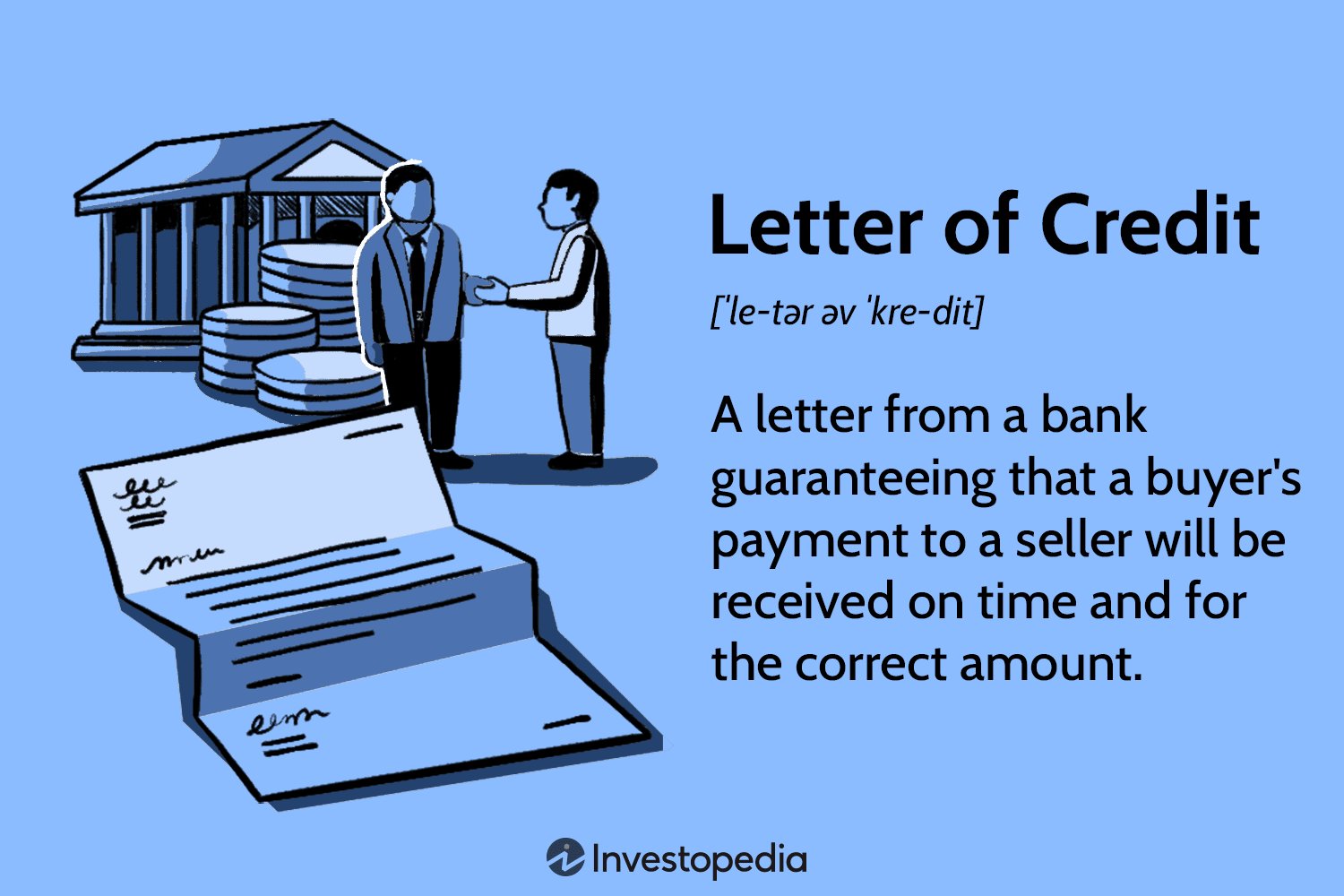Investment scams and frauds can be a nightmare for anyone hoping to grow their wealth. But fear not! In this blog article, we will show you how to avoid common investment scams and frauds, so you can protect your hard-earned money and make informed decisions. Whether you’re a seasoned investor or just starting out, this essential guide will equip you with the knowledge and tools necessary to navigate the treacherous waters of investment schemes. So, let’s dive right in and explore the strategies and red flags that will help you stay one step ahead of the scammers.
How to Avoid Common Investment Scams and Frauds
Investing can be a great way to grow your wealth and secure your financial future. However, it’s important to be aware of the potential risks and pitfalls associated with investing. One of the biggest concerns for investors is falling victim to scams and frauds. In this article, we will discuss some common investment scams and frauds, and provide you with valuable tips on how to avoid them.
1. Ponzi Schemes
Ponzi schemes have been around for decades and have defrauded countless investors. This type of scam involves an individual or organization promising high returns on investments, often through complex or secretive strategies. However, the returns are typically paid out using funds from new investors, rather than legitimate investment gains.
To protect yourself from Ponzi schemes:
- Do thorough research on the investment opportunity and the individuals or organizations offering it.
- Be skeptical of investment opportunities that promise consistently high returns with little to no risk.
- Check if the investment opportunity and the individuals or organizations involved are registered with relevant regulatory bodies.
- Avoid investments that pressure you to recruit new investors or offer referral incentives.
- Consult with a trusted financial advisor before making any investment decisions.
2. Pump and Dump Schemes
Pump and dump schemes are commonly seen in the stock market. In this type of scam, fraudsters artificially inflate the price of a stock by spreading false or misleading information to attract investors. Once the price has been pumped up, they sell their shares at a profit, leaving other investors with worthless stocks.
To avoid falling victim to pump and dump schemes:
- Research the company thoroughly before investing in its stock.
- Avoid making investment decisions based solely on tips or information from unknown sources.
- Be cautious of stocks with sudden and dramatic price increases.
- Consult with a trusted financial advisor who can provide objective advice.
- Stick to a long-term investment strategy rather than trying to make quick profits.
3. Advance Fee Fraud
Advance fee fraud, also known as “419 scams” or “Nigerian scams,” involves fraudsters promising large sums of money in exchange for a small upfront fee. The scam typically starts with an email or letter from someone claiming to be a government official, lawyer, or banker, seeking assistance in transferring a large sum of money out of their country.
To protect yourself from advance fee fraud:
- Be skeptical of offers that seem too good to be true, especially those involving large sums of money.
- Do not send money or provide personal information to anyone you do not know or trust.
- Research the individual or organization making the offer and verify their credentials.
- Report any suspected advance fee fraud to your local authorities.
- Remember, legitimate financial transactions do not usually require upfront fees.
4. Binary Options Scams
Binary options scams involve fraudulent platforms or brokers that promise quick and high returns on binary options trading. These platforms often manipulate prices and trades, making it nearly impossible for investors to profit. Once investors deposit their money, they find it difficult, if not impossible, to withdraw their funds.
To avoid binary options scams:
- Research the platform or broker thoroughly before opening an account.
- Check if the platform or broker is regulated by a reputable financial authority.
- Read reviews and testimonials from other traders to assess the platform’s credibility.
- Avoid platforms that pressure you to deposit large sums of money or offer unrealistic profit guarantees.
- Consult with a trusted financial advisor or experienced trader before engaging in binary options trading.
5. Affinity Fraud
Affinity fraud occurs when fraudsters target specific groups, such as religious or ethnic communities, using shared affiliations to gain trust and exploit unsuspecting individuals. These scams often involve investment opportunities that are presented within the community, creating a false sense of security and credibility.
To protect yourself from affinity fraud:
- Do not automatically trust investment opportunities presented within your community.
- Verify the legitimacy and credentials of individuals or organizations offering investment opportunities.
- Consult with a trusted financial advisor or conduct independent research before making any investment decisions.
- Be cautious of investments that heavily rely on personal relationships or word-of-mouth recommendations.
- Report any suspected affinity fraud to the relevant authorities.
Investment scams and frauds can be devastating, financially and emotionally. By being vigilant, doing thorough research, and seeking advice from trusted financial professionals, you can significantly reduce the risk of falling victim to these scams. Remember, if an investment opportunity seems too good to be true, it probably is. Stay informed, stay cautious, and protect your hard-earned money.
5 Common Investment Scams (And How to Avoid Them)
Frequently Asked Questions
Frequently Asked Questions (FAQs)
1. How can I protect myself from common investment scams and frauds?
By following these steps, you can minimize the risk of falling victim to investment scams and frauds:
- Research thoroughly before making any investment decisions
- Verify the credentials of the investment company or professional
- Avoid high-pressure sales tactics and unsolicited investment offers
- Never share personal or financial information with unknown individuals or entities
- Be skeptical of investment opportunities promising high returns with little or no risk
- Stay informed about common investment scams and fraud techniques
- Report any suspicious investment offers or activities to the relevant authorities
- Consider seeking advice from a certified financial advisor
2. What are some red flags to watch out for when it comes to investment scams?
There are several warning signs that may indicate a potential investment scam:
- Guaranteed high returns with little or no risk
- Pressure to invest quickly without providing adequate time for research
- Unlicensed or unregistered investment professionals or companies
- Complex investment strategies that are difficult to understand
- Lack of transparency in providing information or answering questions
- Requests for personal financial information or payment through unconventional means
- Unsolicited investment offers through cold calls, emails, or social media
- Poor online presence or negative reviews from other investors
3. How can I verify the credentials of an investment professional or company?
You can take the following steps to verify the credentials of an investment professional or company:
- Check if they are registered with relevant regulatory authorities, such as the Securities and Exchange Commission (SEC) in the United States or the Financial Conduct Authority (FCA) in the United Kingdom
- Research their background and track record through independent sources
- Ask for references and contact previous clients for feedback
- Look for professional certifications or memberships in reputable industry organizations
- Beware of individuals or companies that provide false or misleading information about their credentials
4. Are there any resources that can help me stay informed about common investment scams?
Yes, there are several resources available to help you stay informed about common investment scams and frauds:
- Visit the official websites of regulatory authorities, such as the SEC or FCA, which often provide information and alerts about investment scams
- Subscribe to financial news websites or newsletters that cover investment scams and frauds
- Follow reputable financial bloggers or experts who share insights on investment scams
- Participate in online forums or communities where investors discuss their experiences and share warnings
- Read books or articles written by experts in the field of investment fraud prevention
5. What should I do if I suspect I have been a victim of an investment scam?
If you suspect you have been a victim of an investment scam, take the following actions:
- Stop any further communication or transactions with the suspected scammer
- Collect and preserve any evidence, including emails, documents, or transaction records
- Report the incident to your local law enforcement agency
- Notify your bank or financial institution if any money has been transferred
- File a complaint with the relevant regulatory authorities
- Consider seeking legal advice to explore potential options for recovering your funds
6. Can a certified financial advisor help me avoid investment scams?
A certified financial advisor can provide valuable guidance and advice to help you avoid investment scams. They can:
- Assess your financial goals and risk tolerance to recommend suitable investments
- Educate you about common investment scams and how to recognize warning signs
- Review investment proposals and conduct due diligence on your behalf
- Monitor your investments regularly to identify any suspicious activities
- Provide ongoing support and advice to help you make informed investment decisions
7. Are there any government agencies I can report investment scams to?
Yes, there are government agencies that specialize in handling reports related to investment scams:
- In the United States, you can report investment scams to the Securities and Exchange Commission (SEC) or the Federal Trade Commission (FTC)
- In the United Kingdom, you can report investment scams to the Financial Conduct Authority (FCA)
- Check your country’s regulatory authority or consumer protection agency for the appropriate channels to report investment scams
8. What are some general tips to stay safe while investing?
Here are some general tips to help you stay safe while investing:
- Do your own research and understand the investment before making any decisions
- Diversify your investment portfolio to spread the risk
- Set realistic financial goals and invest accordingly
- Regularly review your investment statements and be aware of any unauthorized transactions
- Keep your personal and financial information secure
- Stay informed about the latest investment trends and market developments
- Be cautious of unsolicited investment offers and high-pressure sales tactics
- Seek professional advice from certified financial advisors or trusted experts
Final Thoughts
In order to protect yourself from common investment scams and frauds, it is essential to be vigilant and informed. Research thoroughly about the investment opportunity and the individuals or companies involved. Avoid unsolicited offers and high-pressure tactics. Verify credentials and licenses of financial professionals. Be cautious of promises of quick and guaranteed returns. Don’t be swayed by testimonials or personal anecdotes. Trust your instincts and seek advice from trusted sources. By following these precautions, you can safeguard your hard-earned money and avoid falling victim to investment scams and frauds. Remember, knowledge is key in protecting yourself from financial scams.



